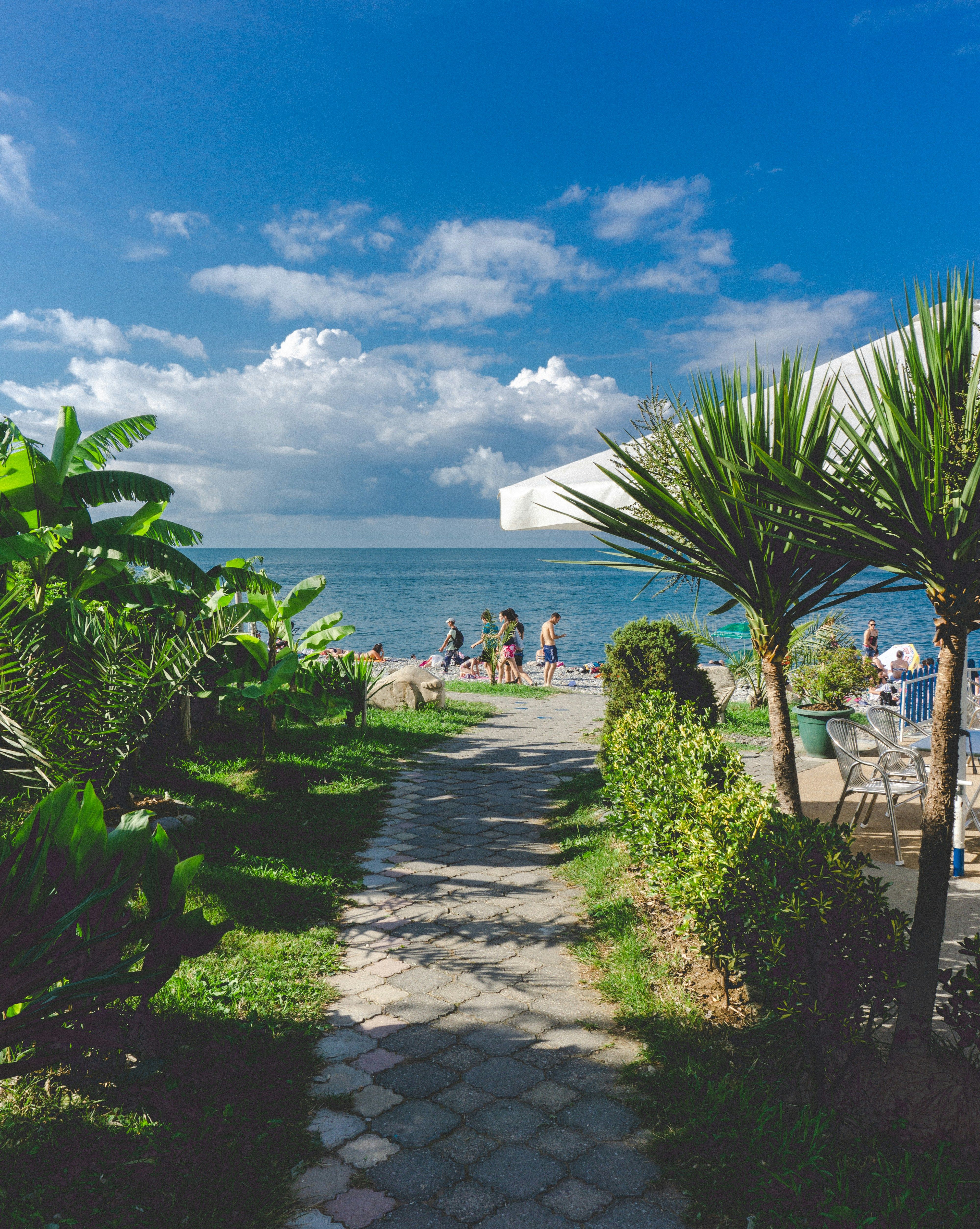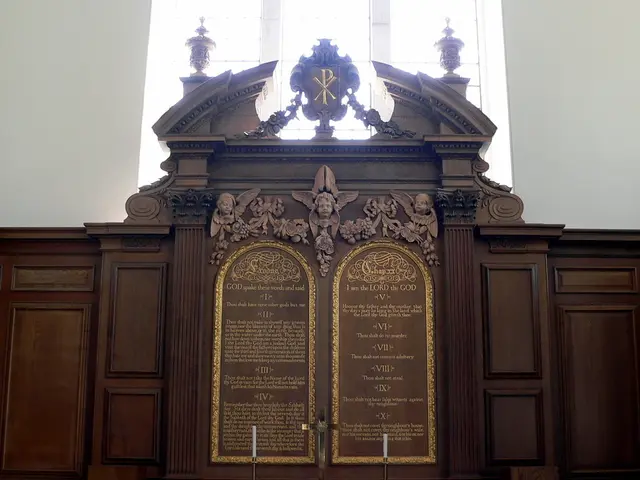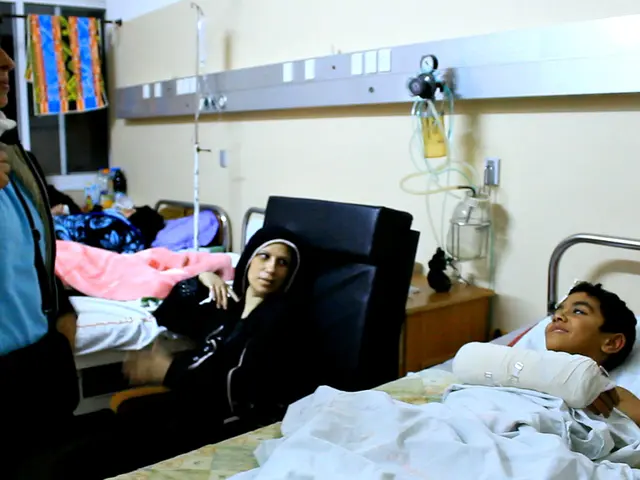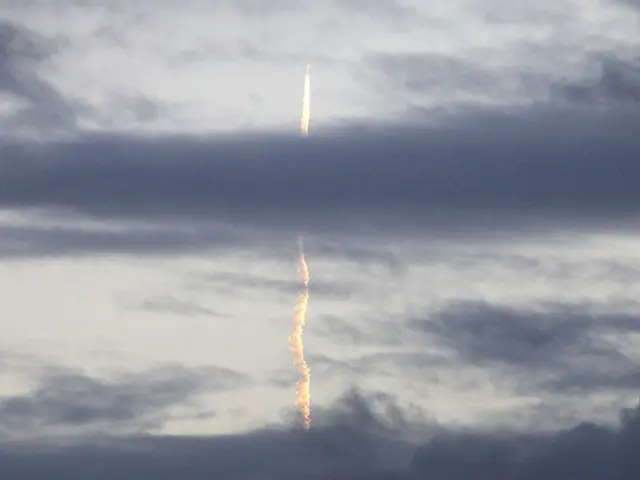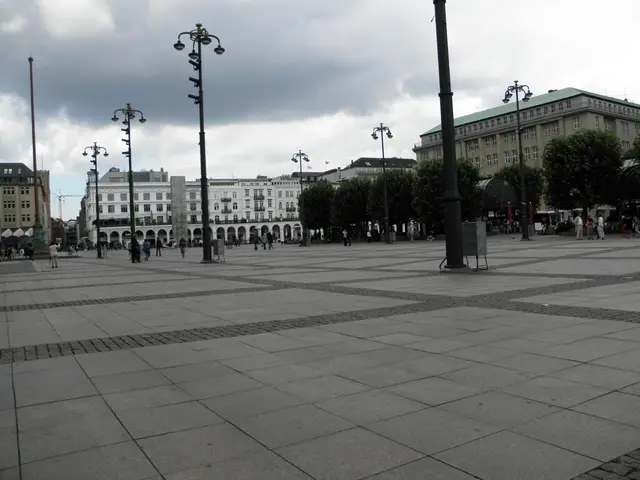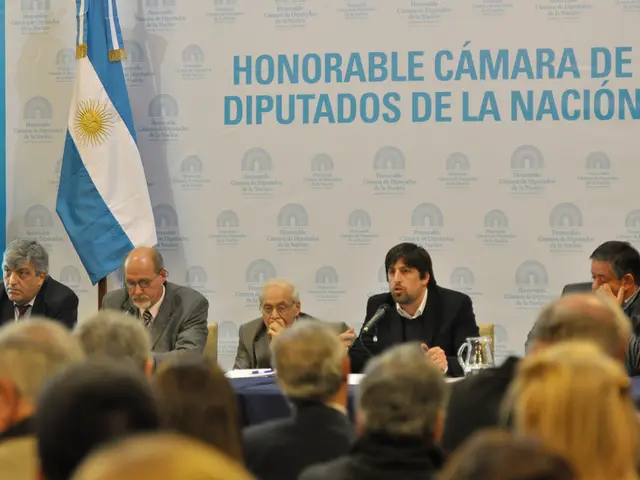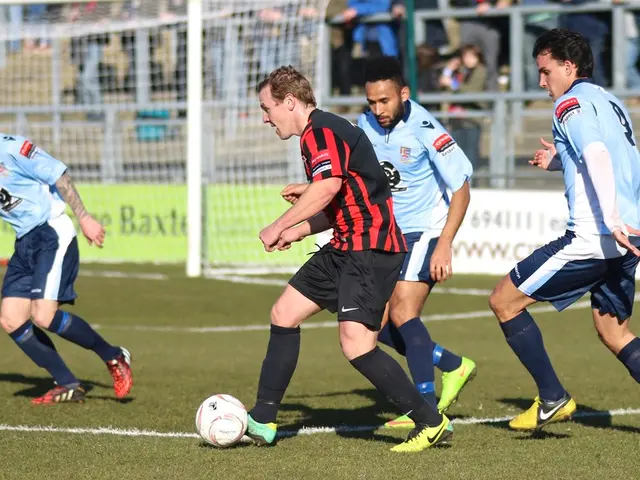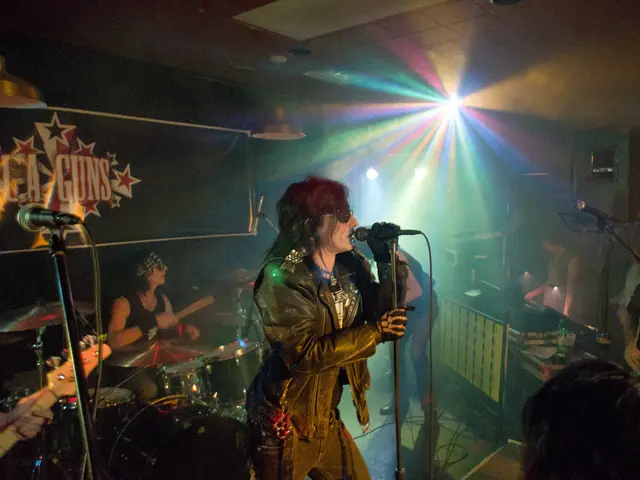Trump granted authority to revoke parole status for migrants, as decided by the US Supreme Court
The U.S. Supreme Court has enabled the Trump administration to revoke the temporary legal status of hundreds of thousand Venezuelan, Cuban, Haitian, and Nicaraguan immigrants residing in the United States. This action, which bolsters the president's initiative to increase deportations, placed those affected at risk of immediate deportation while legal matters are addressed in lower courts.
Originally, U.S. District Judge Indira Talwani had impeded the administration's move to rescind the Temporary Protected Status (TPS) for Venezuelans. Additionally, TPS for approximately 350,000 Venezuelan migrants was halted, preventing the status revocation scheduled for April 7, 2025. However, the Supreme Court's decision has repercussions for these vulnerable individuals.
The high court's unsigned order, which does not provide reasoning, temporarily lifts Talwani's decision and allows the administration to revoke the parole-based legal status for Cubans, Haitians, Nicaraguans, and Venezuelans. The ruling could affect around half a million recipients, leaving many work permits and deportation protections in jeopardy.
Two liberal justices, Ketanji Brown Jackson and Sonia Sotomayor, dissented from the decision, arguing that the government should not have been granted the ability to halt Talwani's decision while legal proceedings are underway. Jackson emphasized that the ruling's consequences are dire, potentially upending the lives and livelihoods of nearly half a million non-citizens while their legal claims are pending.
Immigration parole is a temporary permission granted to individuals for "urgent humanitarian reasons or significant public benefit" under American law, permitting recipients to reside and work in the United States. This policy was implemented by the Biden administration as part of their approach to curb illegal immigration at the U.S.-Mexican border.
As the legal saga continues, advocacy groups remain actively engaged in defending the rights of the affected migrants and seeking restoration of their legal protections. Further developments are expected in the ongoing litigation.
The Supreme Court's decision to lift U.S. District Judge Indira Talwani's decision allows the Trump administration to revoke the parole-based Temporary Protected Status for Cubans, Haitians, Nicaraguans, and Venezuelans, affecting around half a million recipients and potentially upending their lives and livelihoods while their legal claims are pending. This ruling, supported by the conservative majority on the court, contrasts with the dissenting opinions of liberal justices Ketanji Brown Jackson and Sonia Sotomayor who argue that the government should not have been granted the ability to halt Talwani's decision while legal proceedings are underway.
